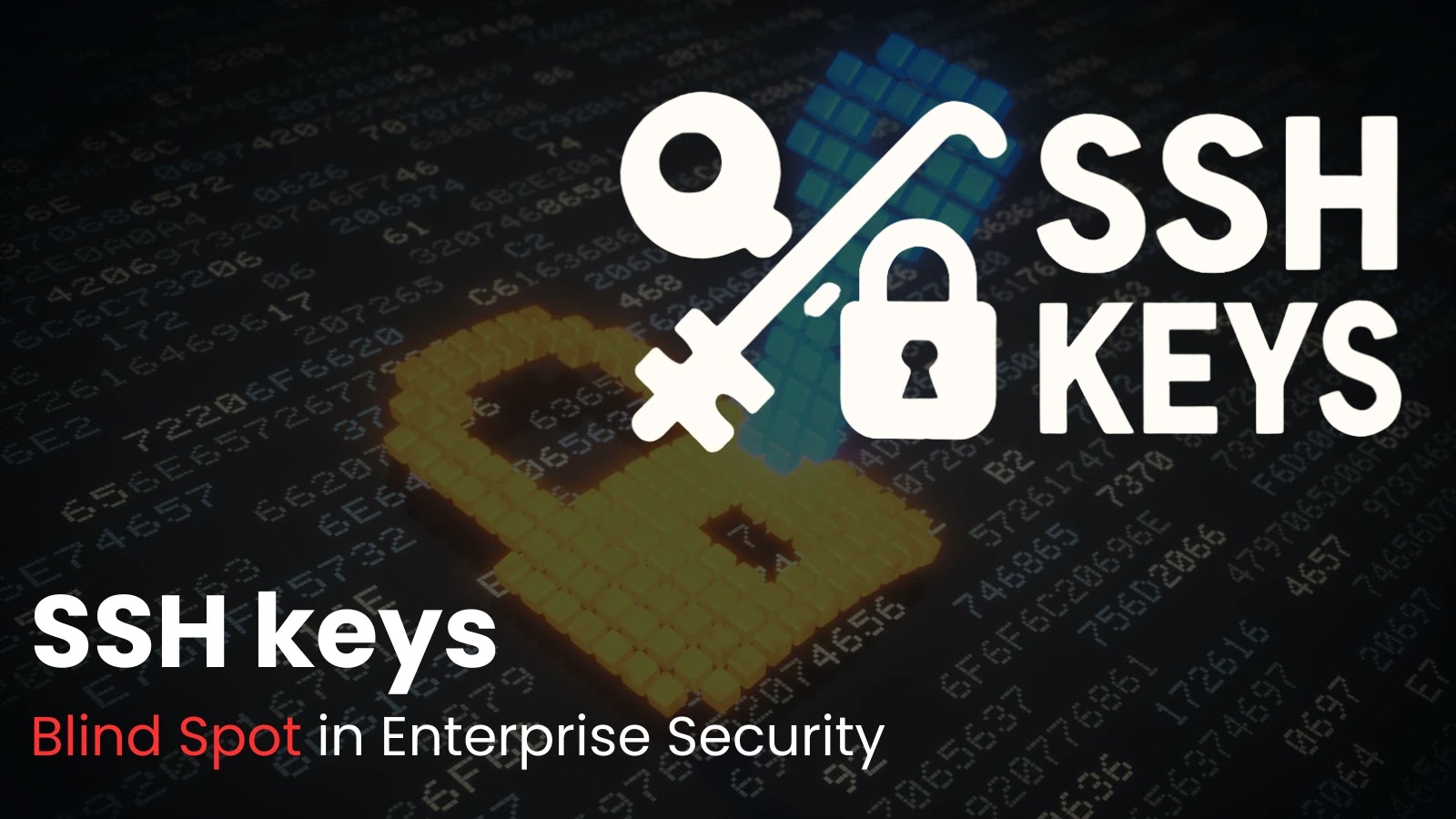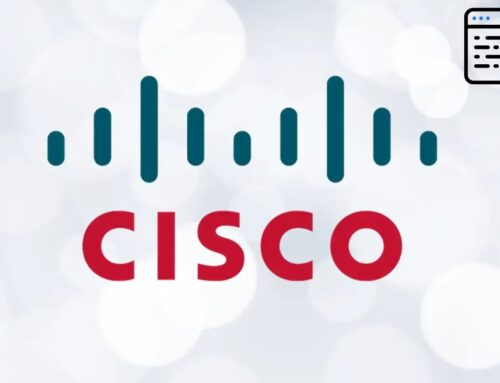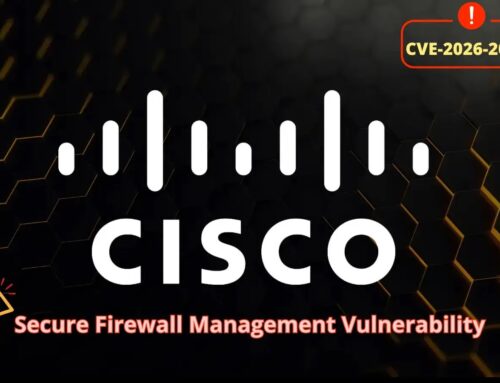
SSH Keys Are Crucial for Secure Remote Access but Often Remain a Blind Spot in Enterprise Security
In the intricate landscape of modern enterprise security, where threats evolve at an unprecedented pace, organizations invest heavily in sophisticated defense mechanisms. Yet, a fundamental pillar of secure remote access—SSH keys—often remains shockingly unmanaged and poorly governed. These cryptographic credentials are not just convenience tools; they are direct conduits to mission-critical systems, cloud infrastructure, and automated processes. Overlooking their meticulous management represents a significant blind spot, potentially undermining even the most robust security postures. The true measure of an organization’s security isn’t just in what they defend against, but also in how meticulously they govern direct access credentials.
The Pervasive Role of SSH Keys in Enterprise Environments
SSH (Secure Shell) keys are a pair of cryptographic keys (a public key and a private key) used to authenticate users, machines, and automated processes to remote servers or services. Unlike passwords, which can be brute-forced or guessed, SSH keys offer a far more secure method of authentication due to their cryptographic strength. They are ubiquitous in:
- Server Access: Granting administrators and developers secure shell access to Linux/Unix servers.
- Cloud Infrastructure: Provisioning and managing instances on platforms like AWS, Azure, and Google Cloud with unparalleled control.
- Automated Operations: Facilitating secure communication between CI/CD pipelines, configuration management tools (e.g., Ansible, Puppet), and target systems.
- Application-to-Application Communication: Securing data transfers and command execution between microservices or distributed applications.
Given their widespread adoption and the elevated privileges they often confer, the security posture of an organization is inextricably linked to the management of these keys.
Why SSH Keys Become a Security Blind Spot
Despite their critical function, SSH keys frequently fall outside the purview of traditional identity and access management (IAM) strategies. Several factors contribute to this oversight:
- Decentralized Generation: Users often generate their own key pairs, leading to a lack of central visibility and control.
- Lack of Lifecycle Management: Keys are frequently generated and then forgotten, lacking expiry dates, regular rotation, or proper revocation procedures upon employee departure or role change.
- Proliferation of Keys: A single administrator might possess hundreds, if not thousands, of keys, often spread across multiple devices and systems.
- Insufficient Auditing: Many organizations lack the tools or processes to audit who has access to which systems via SSH keys and when that access was last used.
- Shadow IT Tendencies: Unsanctioned key usage can emerge, creating unmonitored pathways into critical systems.
This ungoverned environment transforms what should be a robust security mechanism into a significant attack vector.
The Risks of Unmanaged SSH Keys
The consequences of neglecting SSH key management can be severe, leading to direct compromises and operational disruptions:
- Unauthorized Lateral Movement: A compromised SSH private key can grant an attacker immediate, unfettered access to multiple systems, allowing them to move laterally across the network undetected.
- Data Breaches: Direct access to servers inevitably means direct access to the data residing on them, leading to potential exfiltration or corruption.
- Privilege Escalation: If a key grants broad administrative access, its compromise is tantamount to a full system takeover.
- Bypassing MFA: In many scenarios, SSH key authentication bypasses multi-factor authentication (MFA) mechanisms commonly enforced for password-based logins, making them an attractive target for adversaries.
- Compliance Failures: Regulatory frameworks often require strict control over privileged access, a requirement poorly met when SSH keys are not centrally managed.
A notable example of misconfigured access leading to exposure can be seen in vulnerabilities like CVE-2023-38408, which although specific to a client-side vulnerability in openssh, highlights the broader need for secure key management and updated software practices.
Remediation Actions: Establishing Robust SSH Key Governance
Addressing the SSH key blind spot requires a strategic, multi-faceted approach. Organizations must transition from a reactive stance to a proactive, governed framework:
- Discover and Inventory All SSH Keys: The first step is to gain complete visibility. Identify all SSH keys, both public and private, their owners, and the systems they grant access to. This includes keys on user workstations, servers, cloud instances, and CI/CD pipelines.
- Centralized Management Solution: Implement an SSH key management solution that provides a centralized repository for keys, automates lifecycle management (generation, rotation, revocation), and enforces policy.
- Implement Least Privilege: Ensure that keys grant only the minimal necessary access. Avoid using a single key for multiple systems if more granular control is possible.
- Automate Key Rotation and Expiry: Mandate regular key rotation. Establish expiration dates for all keys, forcing periodic review and re-issuance.
- Enforce Strong Passphrases (for Private Keys): While keys are cryptographically strong, private keys should always be protected with strong, unique passphrases where feasible.
- Audit and Monitor Key Usage: Continuously monitor SSH key usage to detect anomalies, unauthorized access attempts, or signs of compromise. Logs should be collected, analyzed, and integrated into SIEM systems.
- Revoke Keys Promptly: Develop robust processes for immediate key revocation upon employee termination, role change, or detection of compromise.
- Educate Users: Train administrators and developers on secure SSH key practices, the risks associated with mishandling keys, and organizational policies.
Tools for SSH Key Management
Implementing effective SSH key governance is greatly aided by specialized tools. These tools help automate discovery, management, and auditing:
| Tool Name | Purpose | Link |
|---|---|---|
| Boundless SSH | Comprehensive SSH key management and governance platform. | https://www.ssh.com/products/boundless-ssh |
| OpenSSH | The native SSH client/server, essential for key generation and basic management. | https://www.openssh.com/ |
| Teleport | Access plane for SSH, Kubernetes, Web Apps, Databases. Provides identity-based access and auditing. | https://goteleport.com/ |
| Ansible/Puppet/Chef | Configuration management tools that can manage SSH key distribution and permissions. | https://www.ansible.com/ |
| Keylocker (Small Scale/DIY) | Simple script-based key management for smaller environments. | https://github.com/keylocker/keylocker |
Conclusion
SSH keys are foundational to secure remote access in modern enterprises. Their ubiquitous presence and the direct, often highly privileged, access they confer make their management a non-negotiable component of any robust cybersecurity strategy. The prevailing tendency to treat them as an afterthought creates a perilous security blind spot, inviting unauthorized access, data breaches, and compliance failures. By actively identifying, governing, and continuously monitoring SSH keys with dedicated solutions and processes, organizations can transform this overlooked vulnerability into a fortified bastion, ensuring that legitimate access remains secure and unauthorized intrusions are effectively thwarted.





